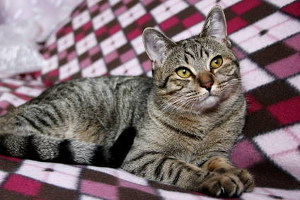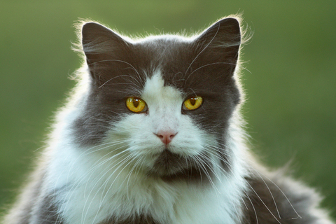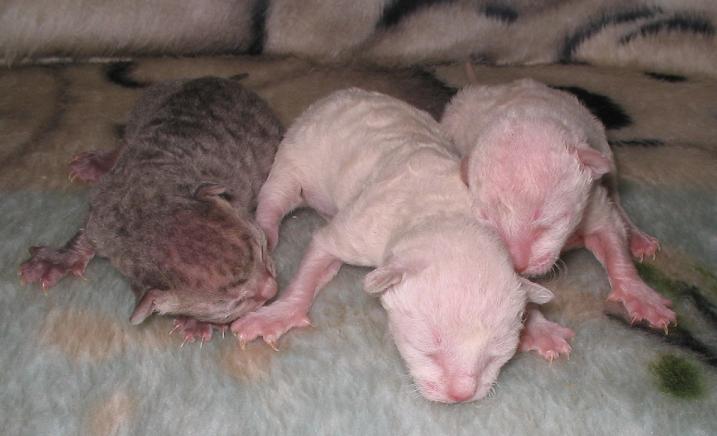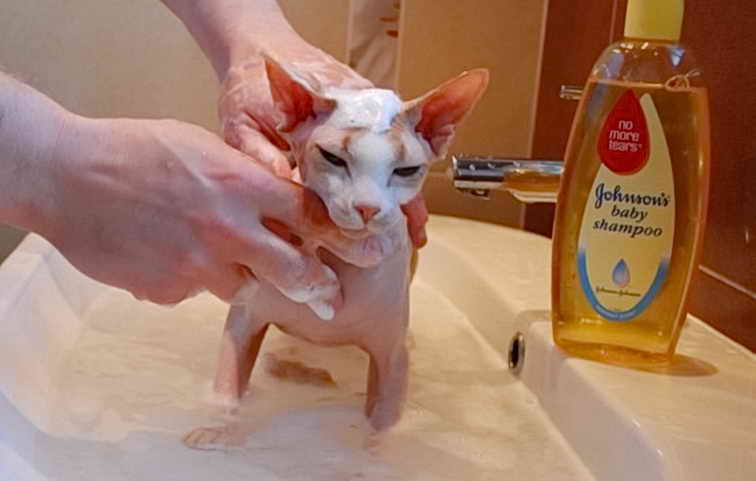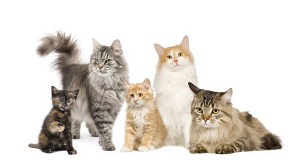Preparation for the exhibition
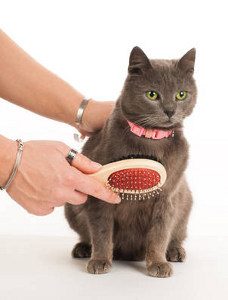 The first exhibition is always an exciting event. The owner has a lot of questions, because you need to take into account every little thing. Where do you start your show career?
The first exhibition is always an exciting event. The owner has a lot of questions, because you need to take into account every little thing. Where do you start your show career?
Let’s skip the stage of buying a future star, this is a separate topic. So, the owner of the cat decides to expose his darling. But how to get to the cat show, where to go for the necessary information, where to find the schedule of cat shows? First you need to call the breeder and clarify whether the cat is registered in any club and on what system this club works. If not, the owner will have to choose the system in which he will exhibit his pet. If so, he will have another choice – follow the breeder’s advice or contact a third-party club.
There are many exhibition systems: FIFE, CFA, ICU, TICA, MFA, etc. Each has its own pros and cons, its own characteristics of refereeing, its own rules and requirements. Many organizations do not recognize ratings and titles obtained outside of their system. In Russia and the near abroad, an absolute majority of exhibitions are held under the auspices of the WCF.
Having chosen the judging system, you can contact the licensed club or go to the official website of the representative office to find out the schedule of cat shows. Now it remains only to determine the appropriate date and place of the exhibition. But before you call the receptionist, make sure that your pet is ready to debut.
First, to write you will need copies of the pedigree or metrics (if the kitten has not yet reached the age when it is time to change the birth certificate to the pedigree), a copy of the owner’s passport. Copies must be sent by e-mail or taken to the club through which the recording is made. Sometimes it is enough to transfer the necessary data orally, by phone, but you still need copies – you will need to have them with you on the day of the exhibition.
Secondly, the cat must be vaccinated against rabies and major viral diseases in time. Be sure to have a veterinary passport with notes on vaccination. It is important that the vaccination was made at least one month before the day of the exhibition. If the cat was vaccinated less than 30 days ago or more than a year has passed since the moment of vaccination, the animal will not pass the veterinary control. Be sure to compare the schedule of routine vaccination and the schedule of cat shows, as the organizers do not return fees (after all, the mistake was made by the owner, not by the secretariat).
If all documents are in order, terms of vaccination are met, the cat is healthy and in excellent shape, you can call the organizers and sign up for the exhibition. You can pay for the entry by transferring to the current account provided or on the day of the exhibition (sometimes this is not possible, but in most cases payment on the day of the exhibition is a common thing).
How to prepare a cat for the exhibition?
For a show cat, it is not enough just to meet the standard. Everything should be perfect in it – from the tips of the ears to the tip of the tail. Clean and clear eyes, clean nose, white teeth, sawed claws, shiny wool. Pay attention to the anus and auricles. Carefully inspect the debutante and critically evaluate it. You may have to visit the vet to remove the tartar. Or buy special cosmetics to remove the oily shine in the neck area, eliminate dandruff, add a gloss coat. The first exhibition of a cat is almost always the first serious grooming, so it is important to choose the right makeup in advance, learn how to stack long Persian hair or funny “little sheep” Rex. Do not experiment on the eve of the exhibition, practice a few weeks before the significant date, so that you have time to correct possible errors. Ask for help to the breeder who knows exactly how to show a baleen beauty at its best.
Important: do not overdo it with makeup! Excess powder, traces of shampoo, fixing agents – a reason to reduce the score or even disqualification.
Aggressive or cowardly cats
It is important that the cat is ready for the exhibition not only physically, but also emotionally. Bright light, loud voices, crowds of people, alien animals – a huge stress for your pet. And here they also grab, drag somewhere, pull, pull the tail, climb into the mouth, into the ears – hell! Cats are not schooling creatures, they are more comfortable on their territory, in peace and quiet. Therefore, the darling must be prepared in advance for what she will have to experience for the first time.
Advice: if you are seriously thinking about a show career, do not wait for the kitten to mature. Young kittens are easier to adapt to the unusual environment, quickly get used to the noise and the abundance of other smells.
To teach the cat not to be afraid of people, invite friends and acquaintances to the house, ask them to stroke their pet, take them in their hands, touch their ears and tail. Watch several videos from cat shows (where the expert’s work is shown) and regularly repeat the inspection process yourself, ask friends, family members, and acquaintances — the more often the better. Act gently, without violence, through affection and persuasion.
